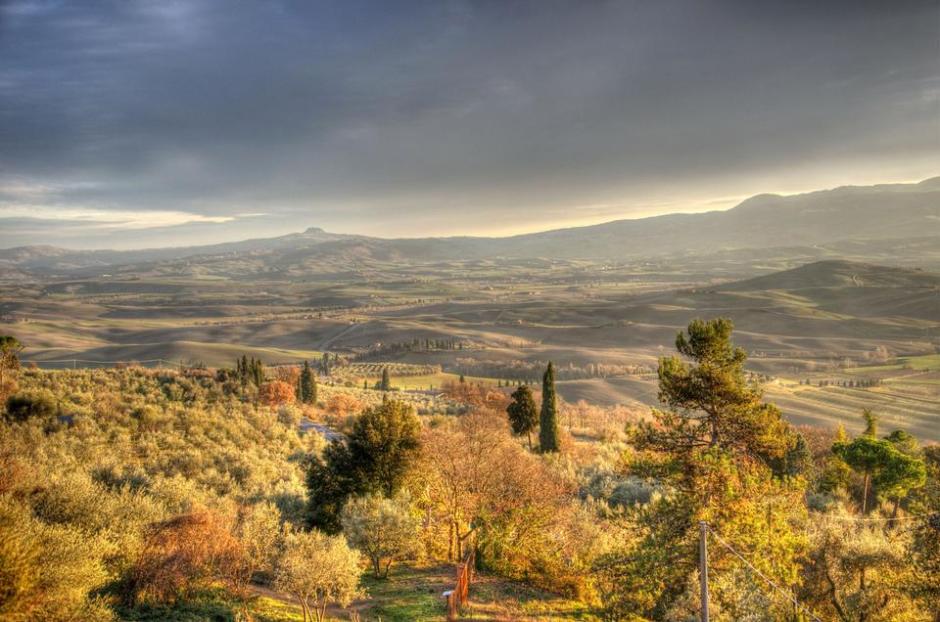It affects the Nigerian film industry, the fact that our culture didn’t have enough time to grow and blend organically, into one that can fluidly navigate the new global environment. We didn’t have the time to make sense of this task of interacting with a global audience and maintaining an image to a global audience. Thrust into the media, we hit the western culture, which dominated television, head on. From there we got suggestions – subtle, but ubiquitous – on the new ‘cool’ way to behave. We tried to acclimatize to a new spotlight, this new experience of being seen and watched by so many different societies. For the first time our way of life could be picked apart, applauded or criticized by many different cultures around the world. I don’t think we had the time to notice this change, with the brush of colonization and then independence and then grappling with managing our new country – we may not have realized how things changed and we became faced the pressure to fit in in a global community.
When I watch American movies, I can see fluidity in the actors’ acting; the intonation, slang and mannerisms come to them naturally. It all looks normal because it properly presents what it is intended to present – American culture. Nigerian acting on the other hand isn’t quite sure where to place itself. It appears as if we like our way of life, but we aren’t comfortable with it; like we secretly think it isn’t good enough (or refined enough?) for all the world to see. Our media picks up some western mannerisms, but isn’t sure whether to put them back where it found them or to keep them, so we hover in the cloudy region halfway between Nigerian and American behaviour, moving back and forth. I’m talking of some the newer movies which, I gladly say, are better produced and have nicer story lines than the older ones – to the Nigerian viewer, the acting doesn’t look totally Nigerian. The gestures (a simple type of wave of hand for example) the actors adopt, the words they choose, the manner of speaking, the somewhat mechanical way the words are spoken – all these lend an uncomfortable air to the movie, as though the media is fussily trying to fit into clothes that are too tight or that have too many accessories or that they simply don’t like.


Could you have written this better?
I doubt. First off, I like the preciseness of your words. I like that you take the time to write well. Spelling wise, punctuation wise, words wise.
As a Nigerian, I can totally relate with what you are on about, and I agree with you. The new movies are still to me like they’ve not really found a place. It’s like they’re going over board, while trying to act cool and natural, but you don’t still see the fluidity yet.
Take Wedding Party for example. I believe you should have heard of it. After all the rage about it, I finally watched it and if you ask me, it was just just. It was okay, and many others like that. Of course a lot of people think I’m not being patriotic because I still very much prefer other movies that aren’t Nigerian, but well, I’ve not been very impressed by what I see.
I like the way you write story teller, and I enjoyed this post. Keep up with your writing 👍
LikeLike
Thanks so much Esther! And thanks for commenting 🙂 When I read the first few lines, I was like “finally someone agrees with this”. I think this new film production style will find its feet later, I think it’s a bold move, but for now, they’re not there yet. I haven’t seen Wedding Party yet though, for all the rave haha. But I will soon
LikeLiked by 1 person
You do that, and do a review of sorts.
LikeLike
Okay.. I haven’t done a review before, but we’ll see how it goes
LikeLiked by 1 person